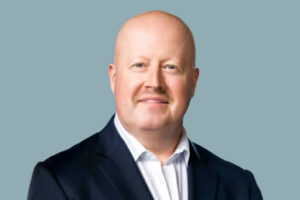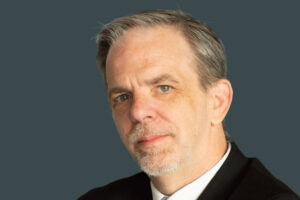As Vladimir Putin gears up for another six-year stint as Russia’s president, the electoral contest witnesses drama. Reportedly, it is his post-election actions that are capturing attention and sparking concerns among many observers.
The upcoming voting, which is set to conclude, is expected to secure Putin’s position until 2030, granting him a total of three decades leading Russia as either president or prime minister. With such a lengthy tenure and the effective suppression of domestic opposition, Putin wields a formidable—and possibly unrestrained—influence.
Putin’s position is fortified by the Russian economy’s unexpected endurance despite extensive Western sanctions following the Ukraine invasion.
Additionally, Moscow’s gradual but consistent advances on the battlefield in recent months, diminishing support for military aid to Kyiv from the United States and elsewhere, and growing skepticism in some Western countries regarding progressive social attitudes, all align with Putin’s promotion of traditional values.
Putin would enter a new term with few apparent limitations, potentially resulting in the swift implementation of significant new measures.
One of the most unpopular decisions he could make domestically would be to initiate a second military mobilization for Ukraine. The first mobilization in September 2022 led to protests, and many Russians fled to evade conscription. Despite its unpopularity, a second mobilization might offer some relief to the families of soldiers drafted 18 months ago. There are those in Russia who see this as a possibility.
Brian Michael Jenkins, a senior adviser at the RAND Corporation think tank, observed that Russian leaders are discussing the idea of “consolidating the whole of Russian society around its defense needs.” He explained that while the exact interpretation of this phrase is uncertain, it implies that Russia’s leadership acknowledges the prolonged nature of the conflict described by Putin, necessitating the mobilization of resources. He added that Russian society must be structured to endure perpetual warfare.
However, according to Tatiana Stanovaya, a senior fellow at the Carnegie Russia Eurasia Center, Putin may not require a mobilization, as many Russians from economically disadvantaged regions have volunteered to join the fight in exchange for higher wages, surpassing what they can earn in their limited opportunities at home.
Stanovaya further added Putin’s evident belief that the tide of the war is shifting in Russia’s favor is expected to reinforce his insistence that the conflict can only be resolved through Ukraine’s participation in negotiations.
Although support for Ukraine is lacking in Washington, recent statements from French President Emmanuel Macron and Polish Foreign Minister Radek Sikorski suggest that deploying troops to support Kyiv is at least being considered as a hypothetical possibility.
Alexandra Vacroux, executive director of the Davis Center for Russian and Eurasian Studies at Harvard University, anticipates that Russia will test NATO’s commitment to Article 5 in the coming years. Putin’s strategy prioritizes weakening NATO’s cohesion rather than military superiority, aiming to exploit vulnerabilities. Vacroux suggests that by testing Article 5, Putin seeks to demonstrate NATO’s ineffectiveness if met with a lukewarm or ambiguous response.
While not part of NATO, Moldova is increasingly anxious about potential Russian aggression. After Ukraine’s invasion, crises in Moldova have sparked fears in its capital, Chisinau. The Transnistria region, with Russian peacekeepers, seeks Moscow’s “protection” amid alleged Moldovan pressure.
Stanovaya suggested that Putin does not personally initiate repressive measures but rather sanctions actions proposed by others, presuming they align with his intentions.
Last year, Russia banned the LGBTQ+ movement, deeming it extremist in defense of traditional values, as advocated by the Russian Orthodox Church, against Western influence. Additionally, courts also prohibited gender transitioning. Ben Noble, an associate professor at University College London, anticipates continued repression against the LGBTQ+ community under a new Putin term.













